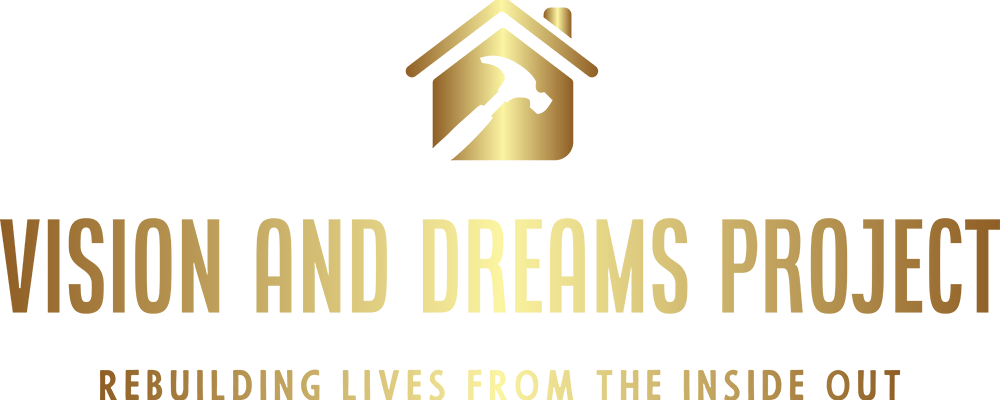Training Curriculum
WHAT TO EXPECT
Throughout the course, students will have the opportunity to practice the skills learned in each weekly session.
Qualified Instructors
Throughout the course, students will have the opportunity to practice the skills learned in each weekly session.
Hands-On Training
The class will involve hands-on training where students practice the skills they learned in a controlled environment.
Certificate
At the conclusion of our 6-week, 8-week, and 12-week courses, students will be awarded a certificate of completion. This certificate serves as evidence of their proficiency in their chosen trade.
